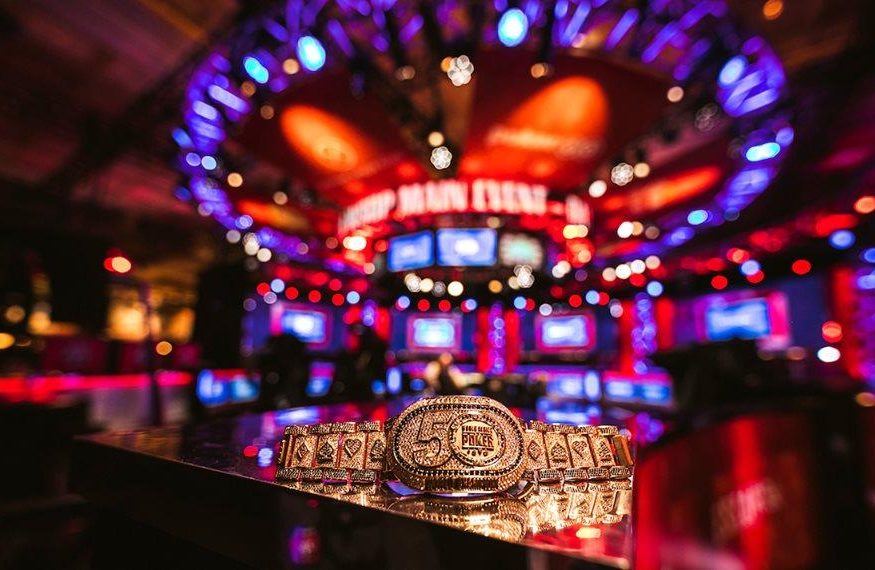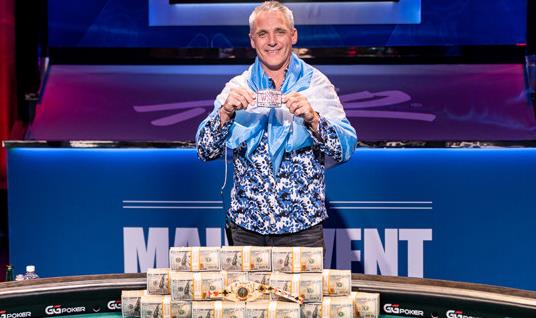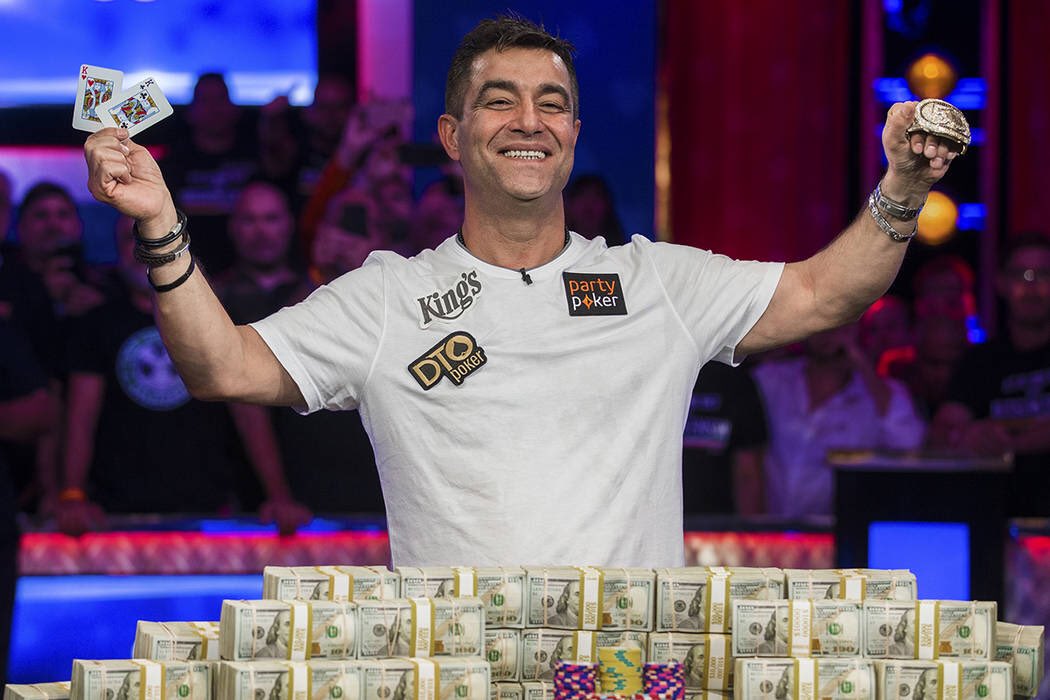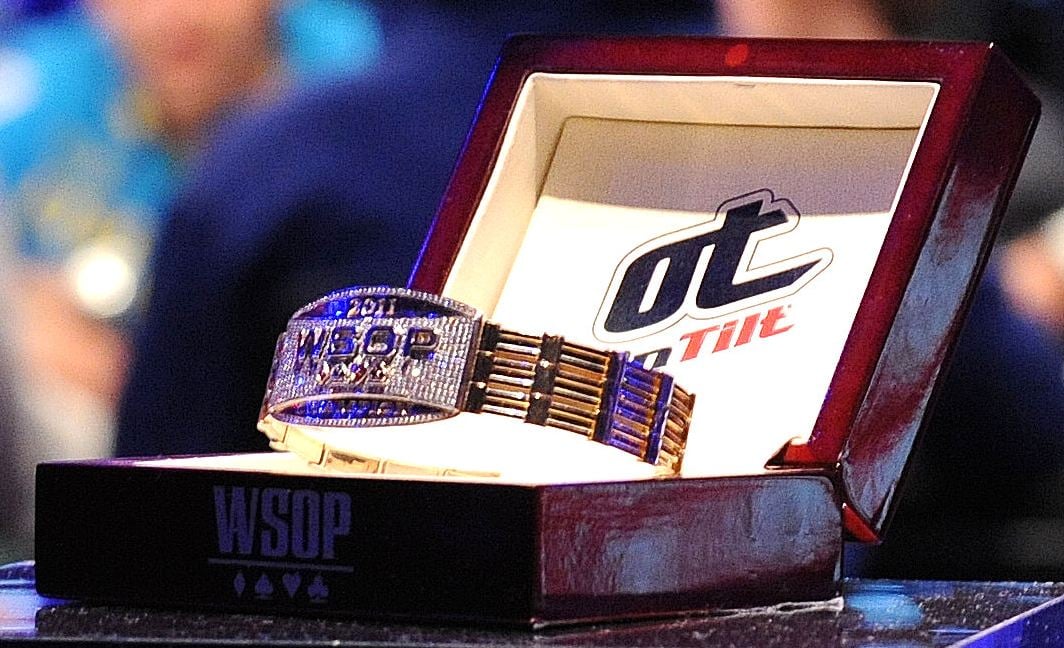Your Real Odds of Winning the WSOP - And Why That Shouldn’t Stop You

Chasing the Dream: Is Winning the WSOP Main Event Within Reach?
Every year, thousands of players, both rookies and poker legends, make their way to Las Vegas to chase the ultimate poker dream-winning the World Series of Poker (WSOP) Main Event. The allure is undeniable: not only does a coveted gold bracelet await the champion, but life-changing sums of money are up for grabs.
However, the sheer size of the event is both a blessing and a curse. Massive prize pools require either high buy-ins or large player fields. Most people can’t afford five- or six-figure buy-ins, so joining the swarm of hopefuls in large-field tournaments is the norm. In such enormous competitions, what are the actual odds you could be the last person standing?
Understanding the Odds: Your Chances in the Main Event

When you sit down among a field of thousands, it’s easy to picture yourself pulling off an epic run. In reality, the statistics paint a sobering picture.
Take, for example, the most recent WSOP Main Event, which saw 8,569 entrants. Assuming everyone was equally skilled-a simplification, but useful for illustration-each player’s odds of winning would be 1 in 8,569. Practically speaking, if you entered 8,569 consecutive Main Events, you’d statistically expect to win once.
While these odds are better than winning a lottery jackpot, they’re still daunting. For less-experienced or casual players, reality is even harsher. Elite professionals such as Phil Ivey or Daniel Negreanu, by virtue of their skill and edge, nudge their chances ever so slightly higher, which in turn reduces the average amateur’s footprint to something closer to 1 in 10,000.
To give this some context, when bookmakers set odds for poker pros, they might offer lines like +5,000 (meaning 1 in 5,000) for a player of Ivey’s caliber to win the Main Event-reflecting the tough competition, even for top-tier talent.
Are Long-Shot Odds Worth the Gamble?
On the surface, the chances of capturing a WSOP Main Event title sound discouraging-a little better than hitting a lottery, but still nowhere near a coin flip. Yet, the potential rewards often outweigh the improbability.
The winner receives not just a huge payout, but recognition, global opportunities, and a place in poker history. And because these vast fields include many recreational players, a solid and well-prepared competitor might see their real chance edge higher than raw odds suggest.
However, it’s essential to be realistic: unless tournament sizes shrink dramatically, it’s statistically unlikely for you to win, even if you started at 21 and played every single year for decades. In the early era-for example, 2003, the year Chris Moneymaker famously triumphed-the field was just 839 strong, and fields were even smaller in the ‘70s and ‘80s. Back then, odds were significantly better, though the top prize was also far less than today’s multi-million-dollar payouts.
Beyond the Main Event: Where Are the Best Winning Odds?

Although the Main Event hogs the limelight, the WSOP hosts dozens of tournaments annually, many with more favorable odds-at least on paper.
Particularly, $10,000 buy-in Championship tournaments like Pot Limit Omaha or Seven Card Stud often draw fewer than 100 entrants, especially for lesser-known formats. For skilled players in these variations, the path to a bracelet may look tempting due to the smaller playing field.
However, don’t let field size fool you-these events are magnets for specialists and top pros, so the overall skill level is notably high. While you may face only a fraction of the competitors compared to the Main Event, your edge needs to be substantial. If you’re well-versed in non-Hold’em variants, you might even encounter Hold’em stars less adept at, say, Omaha 8 or Stud 8.
In contrast, big No Limit Hold’em fields generally include more amateurs, creating more “soft spots” for savvy players.
Massive-Field WSOP Tournaments and Your Odds
Not all WSOP tournaments with big prize pools require huge buy-ins. Several lower-buy-in events, such as the Colossus and the Millionaire Maker, have become mainstays, attracting huge numbers thanks to affordability.
In 2019, the Colossus tournament boasted a modest $400 buy-in-yet saw over 13,000 entries, with the winner bagging more than $450,000. Unsurprisingly, your odds in such a field are quite slim: technically about 1 in 13,000. Still, these low buy-in tournaments attract a wide range of player abilities, which means a skilled competitor might perform slightly better than the math suggests, though most will still face odds near 1 in 10,000.
Similarly, the Millionaire Maker event has a $1,500 entry fee and guarantees at least $1 million to first place. With nearly 8,800 participants in 2019, the numeric chances are tough, but less-experienced opposition can turn the odds a little more in your favor.
The Probability of Winning Any WSOP Bracelet

Earning a WSOP bracelet is the highest symbol of achievement for many poker players. But how likely are you to achieve this feat?
Mathematically, the answer is simple: The more tournaments you play, the greater your chances. Play every event for several years, especially with a solid understanding of multiple poker formats and a bankroll to match, and your likelihood of a victory slowly increases.
Surprises happen as well-there are instances of players entering the wrong tournament, unfamiliar with the format, and still managing to come out victorious. Variance, luck, and opportunity all play their roles, but consistent play and skill will always help stack the odds ever so slightly in your favor.
Poker Tournament Odds: Why You Shouldn’t Obsess Over the Numbers
Focusing too much on percentile odds can distract players from what really matters-improving their game, enjoying the process, and capitalizing on opportunities. Yes, in tournaments with thousands of entrants, you might lose many times before tasting a big win. But poker is a dynamic game, and even improbable streaks of success (or failure) happen.
Variance exerts massive influence in tournament poker, and it’s impossible to predict your fate in a single outing. Dwelling on how long the odds are may only sap your confidence and focus. Instead:
- Concentrate on making optimal decisions, hand by hand.
- Study and practice to steadily improve your skill edge.
- Play smart, manage your bankroll, and embrace the journey.
While the raw numbers say very few players will ever win a WSOP title, every year, someone does. Pursue your dream with preparation and resolve-because being “the exception” is what poker is all about.













